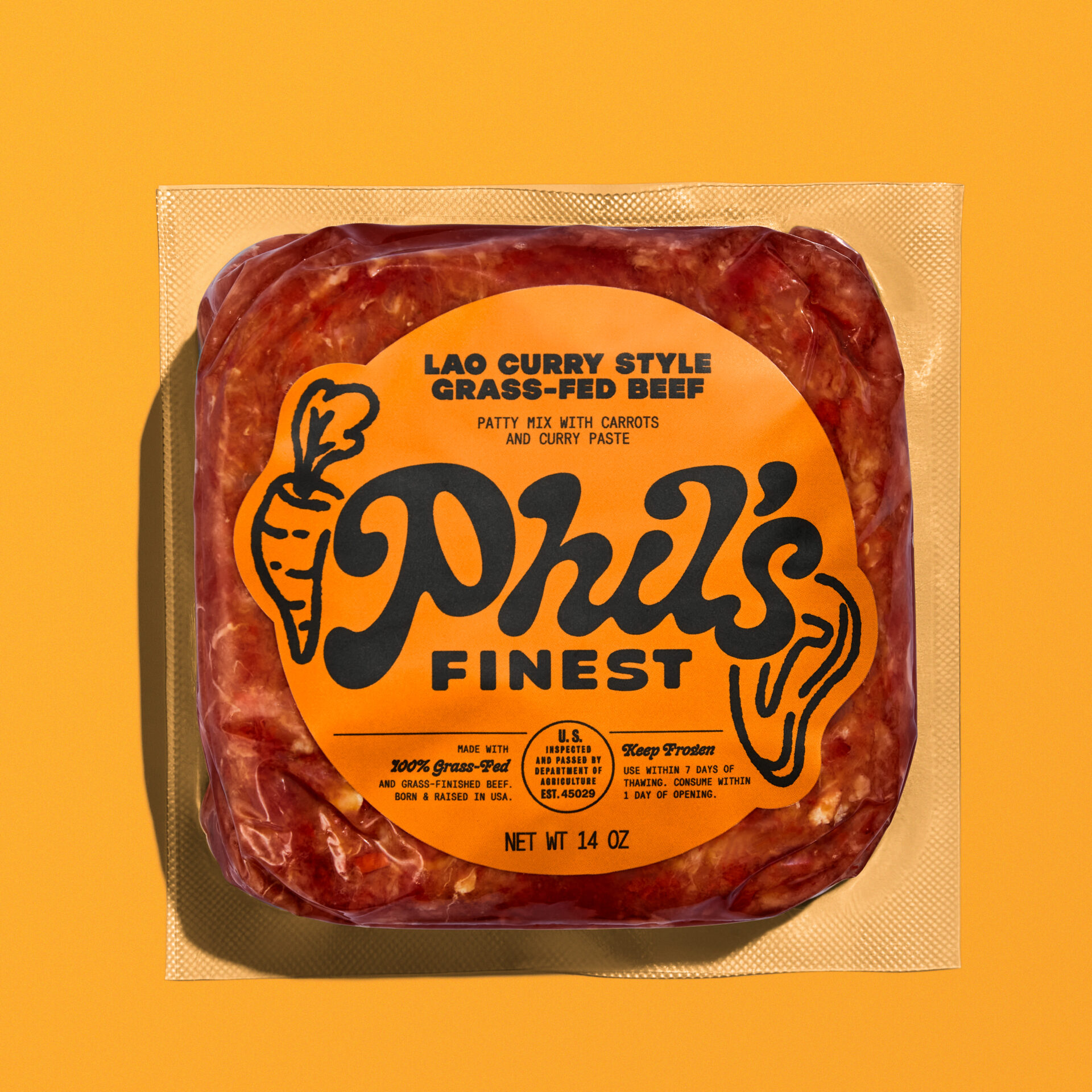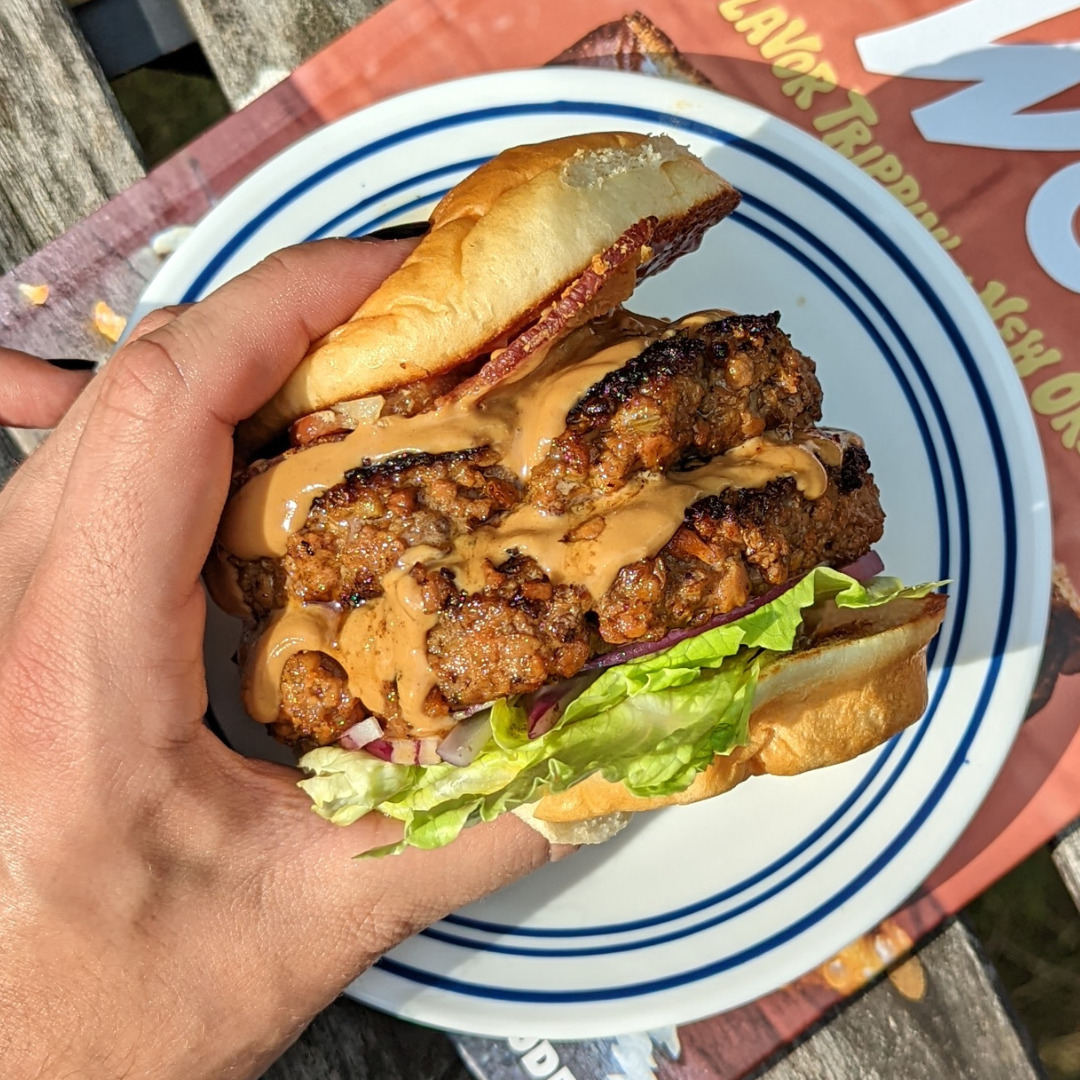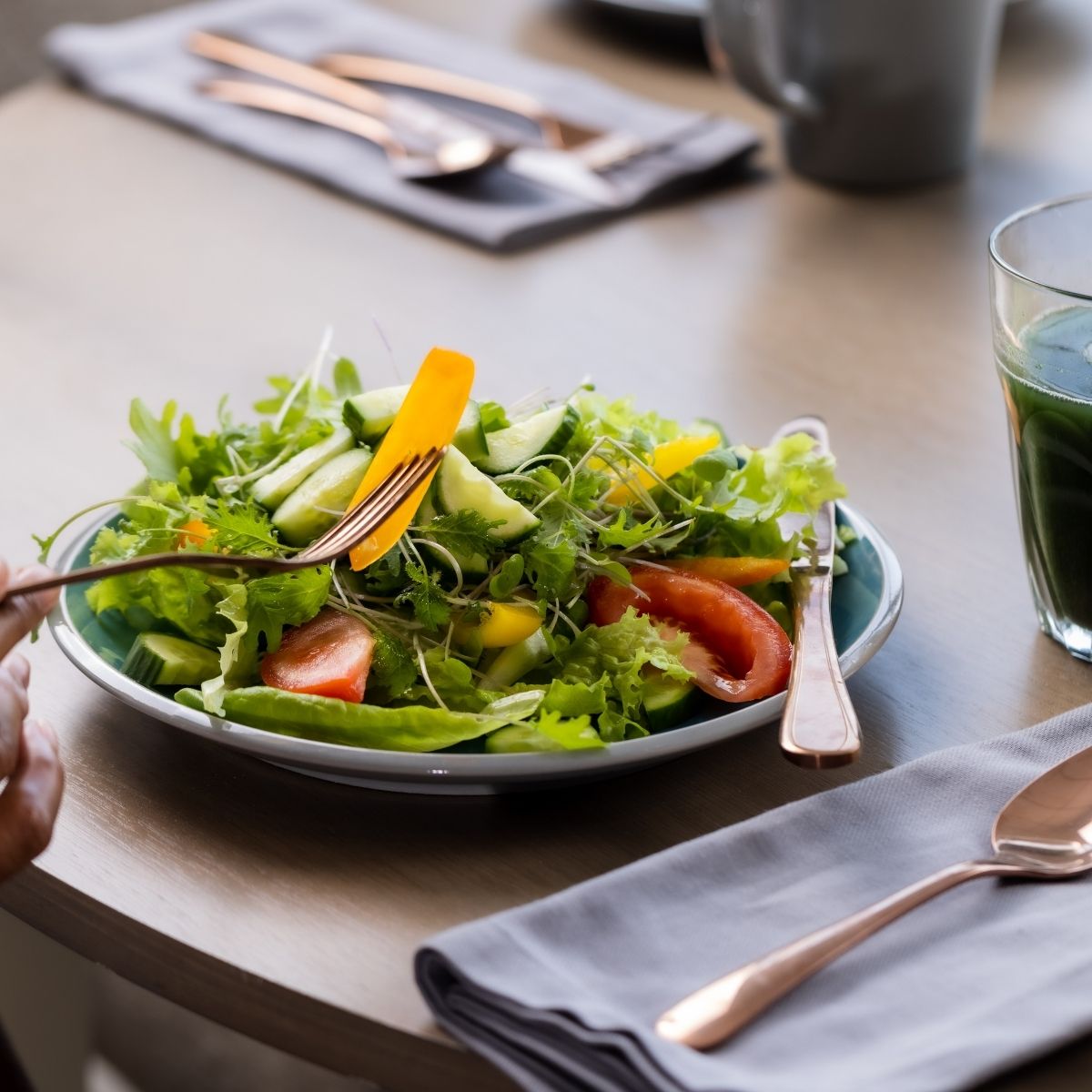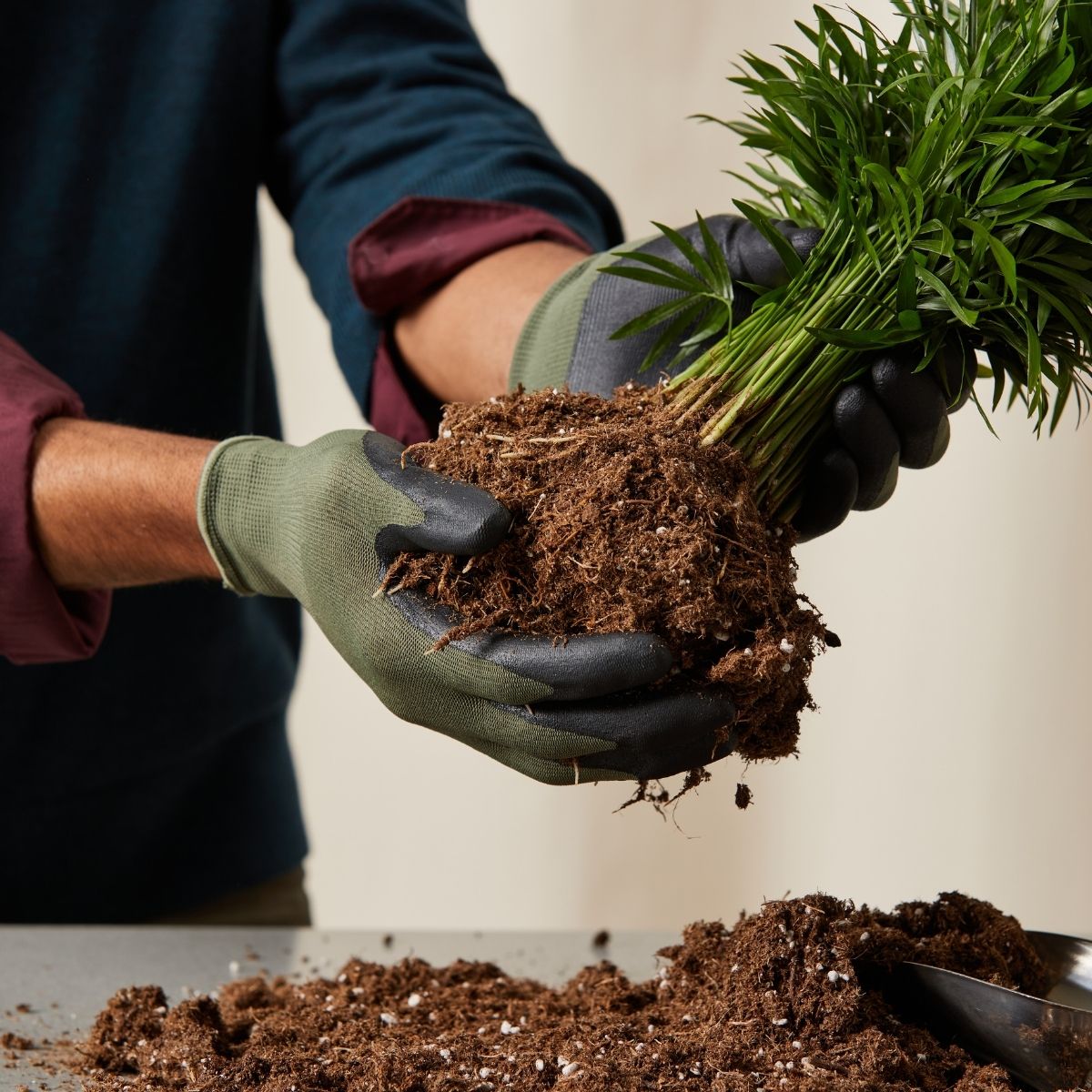How a Washington, DC based incubator is accelerating responsible enterprise.

Imagine a graduate school type of environment: people in various courses of study attending the same program in a historic brick house, their time divided between working independently on projects in the morning and gathering together for afternoon programs. At the end of the day, they return to a communal apartment before resuming the next day’s activities. Envision this, and you have a pretty good picture of Halcyon House.
The Washington, DC-based incubator houses and supports entrepreneurs in the early stages of business development. For anywhere between two and 20 weeks, fellows live at Halcyon House, where they’re provided with a stipend and customized pro bono legal services, business consultations, and mock pitch sessions; they learn team-building skills and investment strategies, and they connect with a network of mentors—all while simultaneously pouring their attention into their startup. Halcyon specifically targets entrepreneurs seeking to solve social or environmental issues through a for-profit business model.
“We take really early bets on people,” says cofounder and CEO Kate Goodall. “As those businesses become more profitable, it helps other communities grow. People want to work at companies that are doing good in the world; that’s the future of capitalism.” The application pipeline to Halcyon House funnels in about 600 applicant businesses every semiannual cycle, and they generally accept 10 to 12 businesses into each cohort. They look for talented entrepreneurs with proof of concept and a vision for developing a lasting sustainable impact.
The food space is uniquely positioned for Halcyon House’s mission: Though the incubator doesn’t have a food-specific program, the sustainability criteria are often met by a food-tangential element of the business whether it’s solving problems around climate change or increasing food equity in underserved communities.

Generally speaking, you need to invest in capital for infrastructure and technology to launch a business, but the food space is more accessible—you can develop and test products at local farmers markets and identify your target audience before applying to Halcyon House.
Phil Wong took this exact approach when he entered the 2016 cohort for his business Misfit Foods. Wong and his friend Ann Yang initially began their line of juices as students at Georgetown University. They bought bruised “ugly” fruits and vegetables from a grocery store distributor at a discount and turned them into fresh, vitamin-rich juices that they could sell cheaper than many established brands while also preventing food waste. Upon graduating, the pair was making juices in a commercial kitchen space across the city, and they looked to neighboring Halcyon House to accelerate their business to the next level.
“We’ve all seen our fair share of incubators and accelerators,” Wong says. “Halcyon stands out in how they care for and support individuals. They understand that these are very personal endeavors.” He and Yang spent four months at Halcyon House, up to their knees in apples and kale at the commercial kitchen in the mornings and practicing pitches in front of mock investors, learning about fundraising ventures, and working on the administrative side of Misfit Foods during the afternoon. They also observed the other fellows in their cohort, people with more experience than themselves. Seeing how they practiced pitching and developing their ventures was enriching for the young entrepreneurs.
When Misfit Foods rebranded between 2018 and 2019 into Phil’s Finest, Wong leaned on his connections from Halcyon House to steady the transition. “We spent a year without a product on the market, and I can’t emphasize enough the importance of having folks in your corner who will walk down that dark hall with you,” he says. The Halcyon House team connected him with other business founders who also pivoted and acted as a sounding board for new messaging. With the support of Halcyon House’s resources, Wong returned to the market with a line of veggie-packed burgers and sausages that eliminate food waste while promoting a compromise for omnivores who want to consume more sustainably.

Halcyon House similarly taught the group behind Up Top Acres the importance of evolving a business model, including when and how to pivot. When they applied to Halcyon House, the rooftop farms initiative was growing food on the roofs of urban apartments and office buildings that they then sold to restaurants. Since their time in Halcyon House’s 2016 cohort, they progressed into a landscaping company that landlords hire to come in and establish rooftop farms, growing food that they either donate or sell through a lobby farm stand to people who live or work in the building.
“We’re really focused on establishing agriculture as a fixture of city life so that people can connect more to nature and see how their food is grown,” says founding member Kathleen O’Keefe. “We started as an LLC instead of a non-profit to establish agriculture as a vibrant industry. It also helps energy conservation by being able to sell freshly grown produce at the source in the lobbies of apartment buildings and offices.”
She and the other two founding members were in absolute start-up mode when they entered Halcyon House. They had proof of concept (two or three farms already established), “but it still felt very much like an idea,” O’Keefe acknowledges. Up to that point, Up Top Acres was fully a side project. Halcyon House gave them the opportunity to make the venture a full-time pursuit, working on-site at farms in the morning and meeting with business developers and workshopping pitches in the afternoons.
“Halcyon House taught us how to pivot and find need in the market,” O’Keefe says. Today, they manage 30 rooftops, growing kale, collards, kitchen herbs, cucumbers, eggplants, watermelon, and tomatoes. And they now know how to work with change, O’Keefe adds. “We’ve continued to pivot and change the model to find one that is very viable.”
keep reading
In the Field
Growing the Gardens of the Future
Babylon Micro-Farms’ developed an app-controlled indoor systems that could revolutionize urban food systems and […]
From the Magazine
The Local Palate’s Green Issue is Here
How can we live in a way that reduces harm to the earth and […]
At the Table
Southern Seeds Worth Saving
Sow an abundant spring garden through Southern seeds with tips from heirloom growers. Find […]
share
trending content
-
Cookbook Review: The Weekday Vegetarians Get Simple
by Erin Byers Murray -
20 Places to Eat & Drink in the South Carolina Mountains
-
Get To Know Athens, Georgia
-
Black-Owned Bites in Columbia, South Carolina
by TLP's Partners -
Get To Know Easton, Maryland
More From In the Field
-
5 Things in Landon Bryant’s Fridge
-
Emeril Lagasse’s Educational Garden-to-Kitchen Program
-
Meet 3 Unexpected Guardians of Legendary Southern Restaurants
-
Our Top 10 Recipes of 2025
-
ShellBound: An Anthology of Southern Oyster Culture | Episode 3: Louisiana






